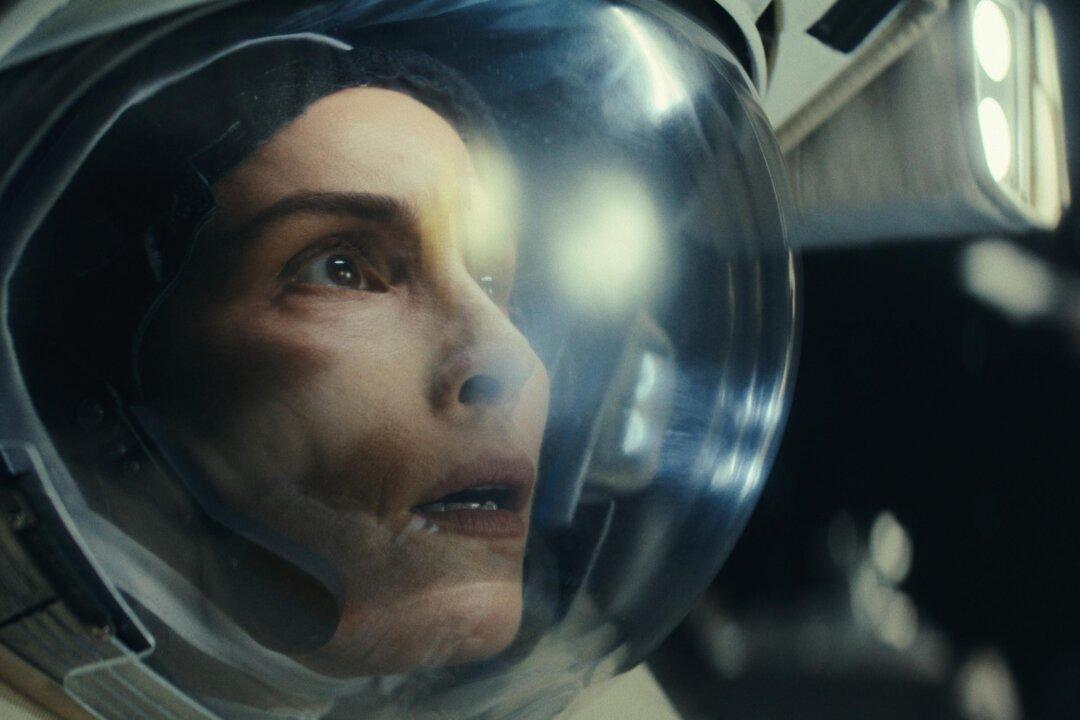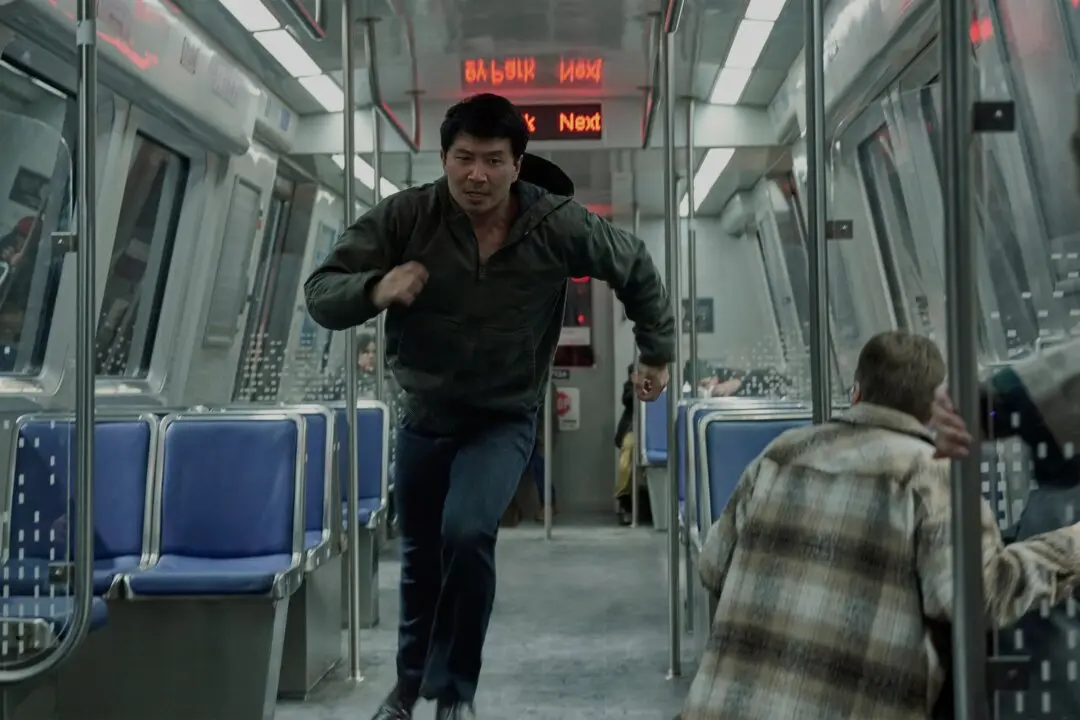TV-MA | 8 episodes, 1hr approx. | Science Fiction | 2024
Former NASA astronaut and Nobel Prize-winning scientist Henry Caldera (Jonathan Banks) has worked with Russians throughout his career, but it is getting a lot trickier. He knows that if the International Space Station (ISS) is abandoned, he might never be able to replicate his cutting-edge science experiment, because United States–Russia cooperation won’t happen post-Ukraine.





